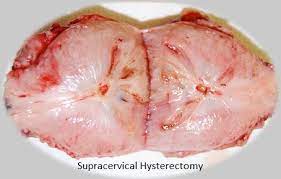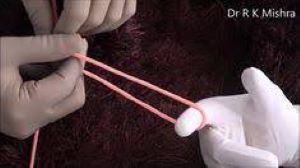Cystoscopy in Female for Biopsy
Add to
Share
696 views
Report
4 months ago
Description
Cystoscopy is a minimally invasive procedure used to examine the inside of the bladder and urethra. In females, this procedure helps doctors identify abnormalities such as tumors, lesions, or inflammation, and allows them to take a biopsy (a small tissue sample) for further investigation. Why is Cystoscopy Done in Females? A cystoscopy may be recommended in women who experience: Blood in urine (hematuria) Frequent urinary tract infections (UTIs) Painful urination (dysuria) Urinary urgency or incontinence Suspected bladder tumors or abnormal growths seen on imaging How is the Procedure Performed? Preparation: The patient may be asked to empty the bladder. Local anesthesia or sedation is usually provided. Insertion of the Cystoscope: A thin, flexible tube called a cystoscope, which has a camera and light, is gently inserted through the urethra into the bladder. Examination: The urologist examines the bladder walls and urethra for any abnormal areas. Biopsy: If a suspicious lesion or growth is detected, a small tissue sample is taken using specialized instruments passed through the cystoscope. Completion: The cystoscope is carefully removed, and the patient is monitored for a short period before discharge. Benefits of Cystoscopy for Biopsy Minimally invasive: No large incisions are needed. Accurate diagnosis: Helps detect cancer, infections, or other bladder disorders. Guided treatment: Provides precise tissue samples for laboratory analysis. After the Procedure Mild burning during urination or slight blood in urine is common for a few days. Drinking plenty of water helps flush the bladder. The doctor may prescribe antibiotics to prevent infection. Results of the biopsy usually take a few days to a week. Risks and Precautions While cystoscopy is generally safe, some potential risks include: Urinary tract infection Mild bleeding Rarely, injury to the bladder or urethra Women with persistent urinary symptoms or abnormal imaging results are encouraged to discuss cystoscopy with their urologist. Early detection through biopsy can significantly improve treatment outcomes, especially in cases of bladder tumors or precancerous conditions.
Similar Videos






